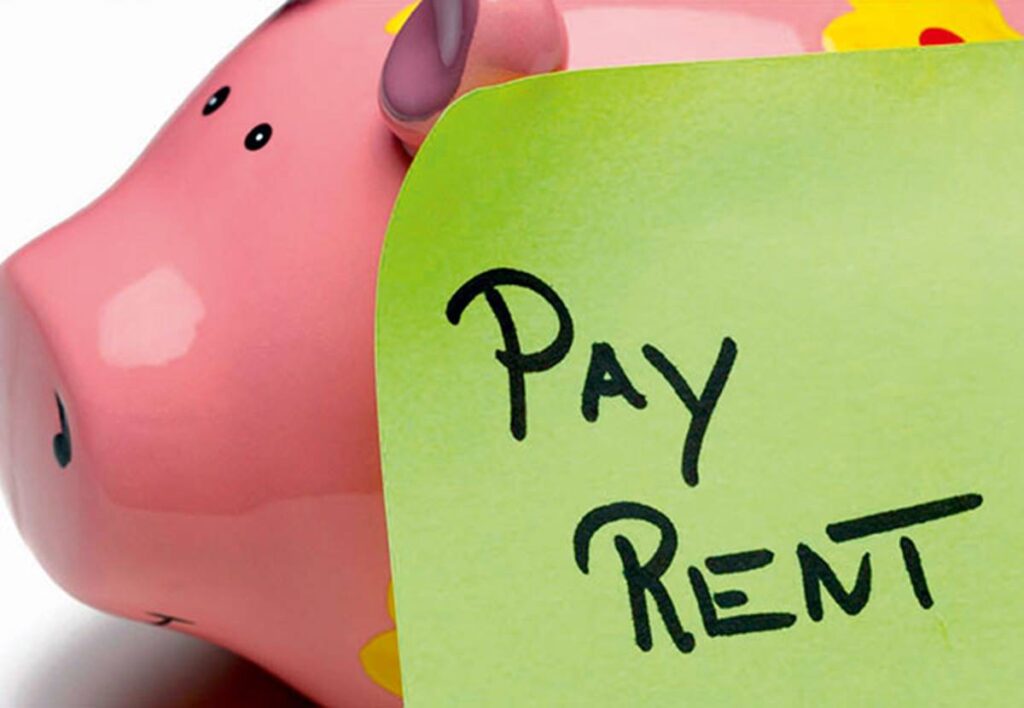Whether you are someone who is going to buy a house for the first time or you’ve been through the process before, you may be considering applying for a housing grant. Grants can help reduce the cost of buying a home, but they also have drawbacks. This blog post will examine the benefits of getting a housing grant. So, whether you’re on the fence about applying for a grant or just looking for more information, read on!
Pros
1. Helps you purchase or repair a home
Are you looking to own a home or make some much-needed repairs? Look into housing grants! These government programs provide qualifying individuals and families funds to buy, build, or renovate their homes. They can also offer assistance with mortgage payments, property taxes, and energy-efficient upgrades. One major pro of housing grants is that they often have very lenient eligibility requirements and low-interest rates (if applicable). Plus, they don’t have to be paid back as long as certain conditions are met, making them an excellent option for those who may not qualify for traditional loans.
2. Assist in paying your rent or mortgage

Housing grants are a great way to receive financial assistance for potential homebuyers and current homeowners. While many people may only associate grants with the purchasing process, they can also be used to pay monthly rent or mortgage payments. This can provide much-needed relief for individuals and families facing financial strain, allowing them to focus on other expenses such as groceries, healthcare, and education. In addition, grants for buying home can also cover particular renovations or repairs that may be necessary for maintaining safe living conditions. The options for assistance are vast and vary by state and locality, so it’s worth doing some research to see what options may be available to you. Remember, these grants don’t have to be repaid, making them an even more valuable resource.
3. Enables you to get a housing grant if in danger of being homeless.
A housing grant could provide much-needed relief if you struggle to pay rent or mortgage. These grants, which the government and other organizations provide, can assist in paying your housing expenses or even help with down payment and closing costs on a new home. Additionally, some grants may offer funds for home repairs or improvements that can increase the safety and value of your living space. The qualifications for receiving a housing grant vary, but generally, they are awarded based on income level or risk of homelessness. So, if you’re finding it challenging to keep a roof over your head, it’s worth looking into housing grants as a potential solution.
4. Available from both the government and private organizations

Are you looking for help paying for your housing expenses? Did you know that grants are available to assist with everything from down payments, to rehabilitation and repairs, to energy-efficient upgrades? The best part is that these grants come from government agencies and private organizations, so plenty of options exist. Grants are also different from loans because they don’t have to be paid back, saving you even more money in the long run. So, if you’re struggling with housing expenses, feel free to consider grant options. Your dream home could be within reach! Just be sure to thoroughly research eligibility requirements and application processes to give yourself the best chance at receiving a grant.
Cons
1. It may not cover the entire cost
While housing grants can be a great way for low-income individuals or families to obtain affordable housing, it’s important to remember that they may only cover part of the cost of the home you’re buying. This means you may still have to come up with a down payment and budget for monthly mortgage payments. Another drawback is that many housing grants have strict eligibility requirements, such as income limits or geographic restrictions, making it difficult for some individuals to qualify. Finally, these grants often come with strict guidelines on how the home must be used and maintained, which can limit your options for renovations or alterations. It’s also essential to carefully understand the pros and cons before applying for a housing grant. Alternative options, such as government-backed loans or community development programs, may be worth considering. Finding a reliable and affordable home is a personal decision, and there is no one-size-fits-all solution.
2. Required to live in the home for several years
Before applying for a housing grant, one thing to consider is the requirement to live in the home for a certain amount of time. This may be fine if you plan to stay in that area long-term. However, if you want the flexibility to move shortly, this could cause issues. Additionally, some grants have strict income requirements and can require you to pay back some or all of the grant money if your financial situation changes and you are no longer eligible for the program. In some cases, exploring other options, such as low-interest loans or down payment assistance programs, may be more beneficial.
3. Geographical restrictions

Anyone who has researched housing grants knows they can be a great way to financially assist with purchasing a home. But one of the downsides to these grants is the geographical limitations. Many grants are specific to certain regions, cities, or even neighborhoods. So you may need help to use the grant in the location where you want or need to purchase a home. This can be incredibly frustrating if you happen to work or have family in an area not covered by the grant. While some grants may offer more flexibility in terms of location, it’s essential to carefully read through all restrictions and guidelines before applying. Bottom line: make sure you fully understand any geographical limitations regarding housing grants – they may not always be the best fit for your specific needs and goals.
4. The process can be long and complicated

Housing grants may seem the perfect solution for improving your living situation. However, beware of the long and complicated process of securing a grant. To qualify, you typically have to meet strict income and asset requirements and prove that you need financial assistance for necessary home improvements. It’s common for the application process to take months or even years before making a decision. Even if you receive a grant, it often only covers a portion of the expenses and doesn’t necessarily guarantee successful renovations. So while a housing grant may be worth considering, it’s essential to weigh the potential hassle and frustration against the potential benefits.
Conclusion:
Applying for a housing grant can be lengthy and complex, but it is worth it if approved. The grant can help cover the cost of a down payment and other closing costs, as well as any other expenses associated with buying a home. If you are considering applying for a housing grant, research and consult a knowledgeable real estate professional who can guide you through the process.









